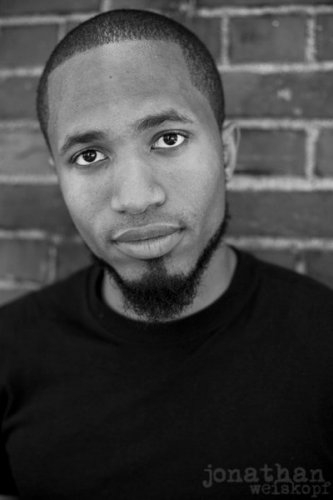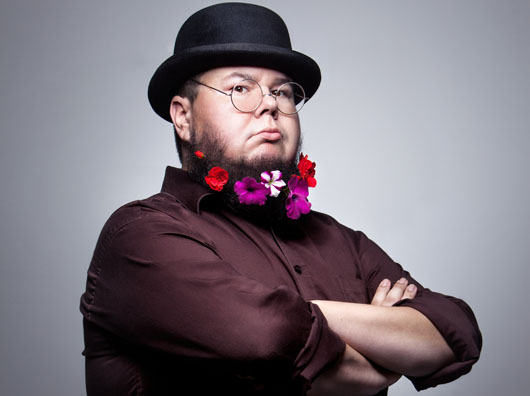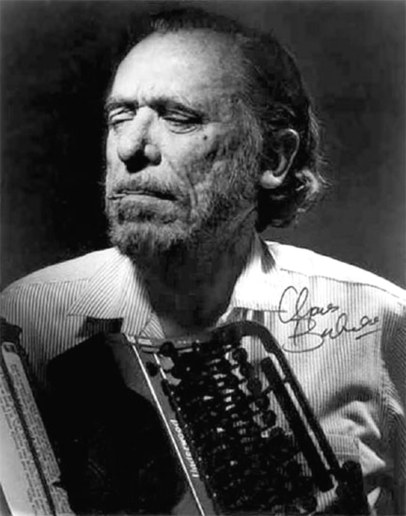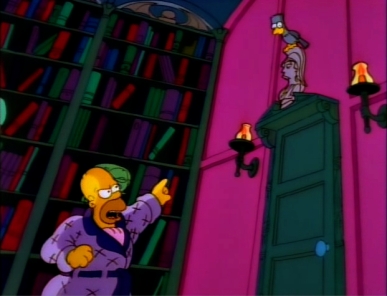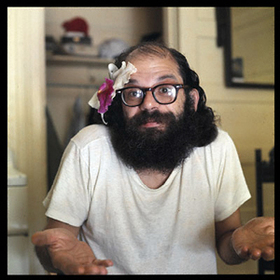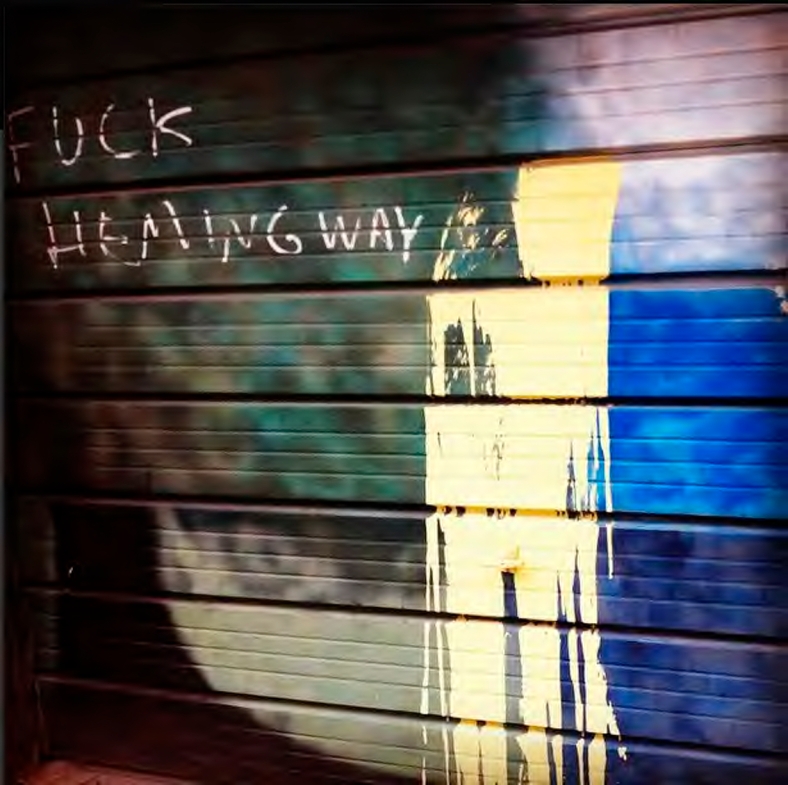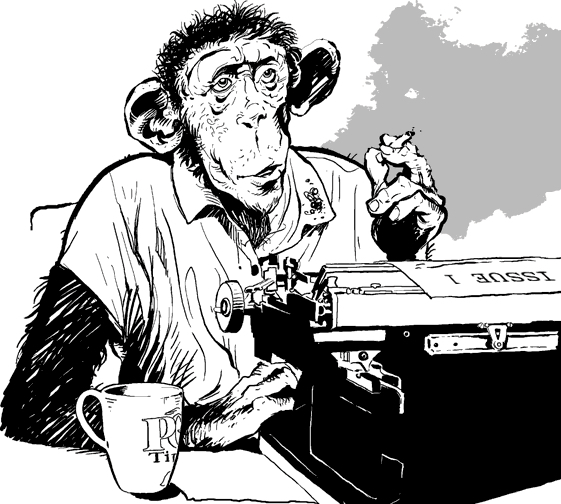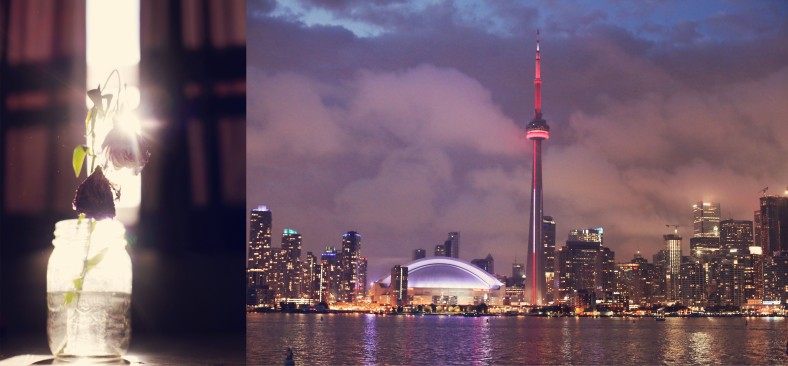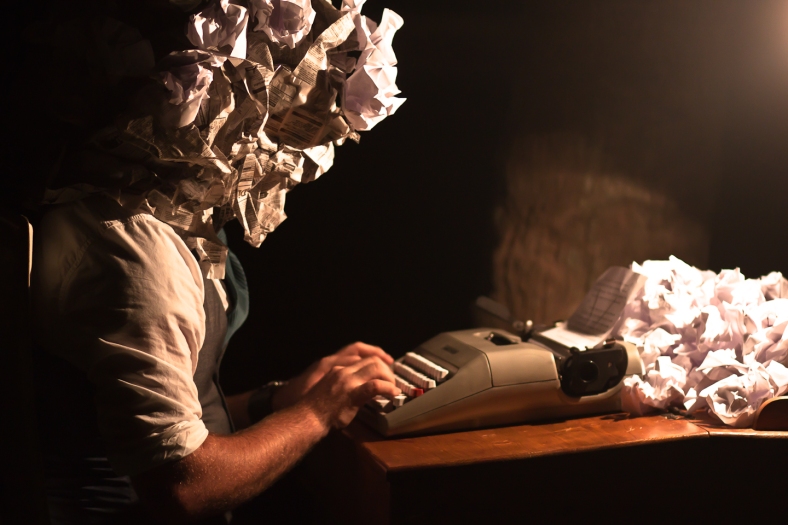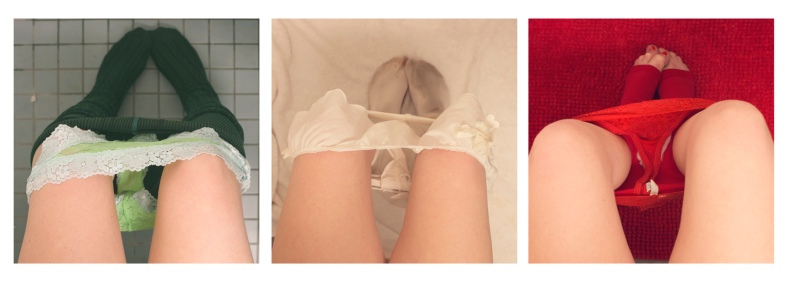Can he write this post without saying it? No! I’m weak, so: don’t judge a book by its cover. Everyone knows that, but sometimes a cover’s all you’ve got, so it pays to have a good one. Covers are never overly revealing of literary merit or entertainment value, but it does show your seriousness. Whether you’re total shit or you’re a great writer, no one knows. If they did know this you’d have a publisher and not be reading this blog.
A professionally done cover is the very minimum. The bare essential is that it doesn’t look amateur. If you don’t look like a serious and committed writer no one will even wait to see if you have any talent; they will just assume you don’t. Show some dedication and then you at least get a trial.
To upgrade from the bare minimum, do some research. First take a look at the kindle store. Look at the books and see what works and what doesn’t. Where is your eye drawn? Why? What do all these magnetic covers have in common? Don’t copy anyone, but take some inspiration from them all, strong and weak. Also look specifically in the genre you are looking to publish in, or even peruse cover of books you think bare some resemblance to yours. If you wrote a series about a dashing young secret agent, see what is on the cover of James Bond. The same people who read James Bond are going be the people who enjoy your work the most. Make your cover stand out for and call to the demographic you wrote for.
If you’re serious about sales, or even distribution, it’s important to do your marketing research. Start with this one: google “What colours mean in marketing.” Each colour makes your potential customers feel a certain way. Decide how you want your future readers to feel when they see your cover, then look up what colours will get the job done.
For the first cover I worked on I had decided that I wanted my readers to be calmed by the cover. I did my research and opted for a blue cover. This is the three I ended with.
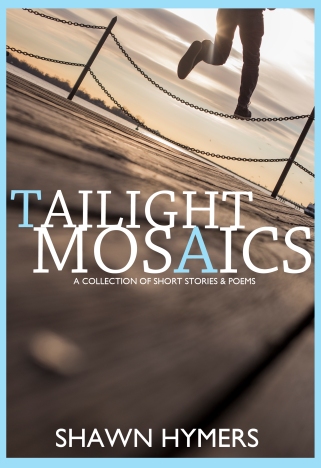
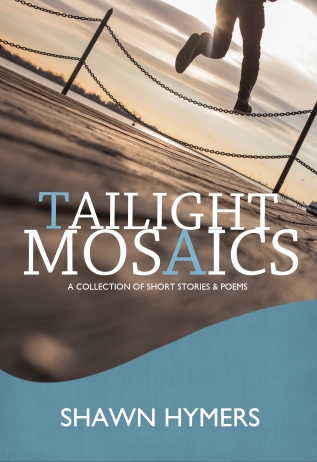
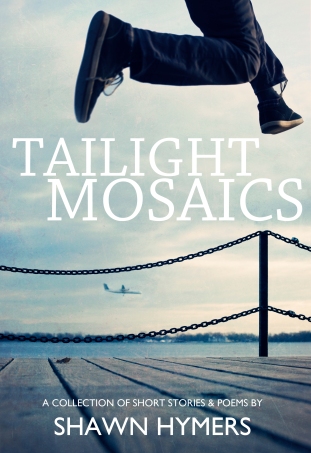
When you choose a colour it doesn’t have to overwhelm the image, it just needs to be dominant. If you’re as confused by all this visual art witch-craft as I am it is really important to hire a talented photographer or illustrator, and preferably one who went to an art school; they’ll know all about dominant colours and shapes and shit.
Another thing to remember is that your cover, if you’re publishing an ebook, will be seen very tiny most the time it’s being viewed. This is a challenge, and one that most books the Kindle store fails at, but ask your photographer to make the image as striking from its thumbnail as its full cover version.
If you wanna take the next step, design it yourself. Maybe leave the finishing touches to the photographer or illustrator, but build the concept behind the image yourself, connecting it meaningfully with your work.
Making a cover is a pain. You’re a writer. You don’t have time for commercial nonsense, but you need to make some. A hurried cover gives an unprofessional first impression and hides your hard work behind a veil of mediocrity, don’t do that to yourself. Give your cover the same amount of care as the writing and show your readers that you’re serious.
Publishing an Ebook: The Writing, Part 1
Self-Publishing an Ebook: The Writing, Part 1
So you wanna self-publish an Ebook? It’s easy to get intimidated looking up the steep slope ahead, but over the next few weeks I’ll break everything down step by step. My blog is tailored to other fiction writers but non-fiction writers, poets, photographers, or essayists can still benefit from most of the information.
The very first step is the fun part, the writing. Everyone has a unique writing process that works for themselves and it is not something that can be taught; you need to do whatever works for you. Therefore, I wont tell you what to do, only what not to do.
1.) Don’t make a Frankenstein short story Ebook.
If you’re thinking of self-publishing, then you’re likely not a total rookie. You likely have a few novel manuscripts that have been collecting dust since college, or a folder festering on your desktop that’s cluttered with unrelated short stories, or maybe you’ve written a whole series of novellas that are evolving into a saga on a memory stick. Whatever you’ve saved, you have something to draw from for you first publication. But before you go and try and compose an ebook, take a nice long look at your work. Is it really as good as you thought when you were writing? With age and experience can you improve on what’s there? And most importantly, does the work flow together? It is very tempting, especially looking at your huge pile of past work, to just cram it all into a quick and dirty Ebook and pray you make a few bucks. You might make a few sales but the plan has no longevity. Your first publication is your first impression to your readers and critics, make it a strong one. Don’t just throw together all your old short stories or sweep up a disorganized collection of essays.
When composing your collection you should have two things in mind: what is the underlying theme or concept that your collection deals with, and what will your book description look like. If your book description is shaping up something like this: “Sally Writers’ most recent publication, “Suntanning Fish,” is an oddball collection of short stories and poems she wrote over her four years of college and has now squished onto a Kindle,” stop what you’re doing.
You don’t need a pretentious and confusing concept anymore than you need to wear clear lens Ray-Bans to make you look more whimsical. Your publication doesn’t need to prod at any deep existential mysteries or join any human rights battles, but it should follow only one theme throughout. The whole collection could work around the idea of traveling, loss, discovery, or even just breakfast restaurants. There just needs to be something so that the reader feels like they’re reading the same collection the whole way through, and they should also be able to tie everything they’ve read together in some meaningful way by the end.
So unless you went through a phase where you only wrote short stories about one niche, like your twenty short stories about the moral implications of farmer’s markets, I advise you to look at your work, take the strongest piece, (take two or three if you feel they relate), then expand on that work’s theme and craft a few new stories to accompany it. It’ll be more work than just copy and pasting your old work, but it will give a better experience for the readers, make for better reviews, and will serve as a strong first impression on the literary scene.
P.S-
If you’re really feeling ambitious, and you do have that folder of short stories, take each of them, or at least the publishable ones, and build a collection around every one. Re-read your work, pick out the most important themes, then expand of them with three of four more pieces, or dissolve one story and re-write it as a full-fledged novel if you think it’s deserving. You’re old work can even simply be thematic jumping points and don’t necessarily need to be included in the final publication. Please do something with your old work, only don’t build a Frankenstein.
The Blog Is Back!
I’m Back!
After this period of neglect, I’m back. Where have I been? Well, I haven’t really gone anywhere, only I’ve been busy putting my life together and my blog’s suffered for it. I moved back to Toronto permanently (for now), and of course that meant I needed to find a job and a place to stay and still deal with the normal everyday bullshit. I’m finally settled in my house in the Annex and I’m working at a health food store in the Junction, The Sweet Potato.
Balancing work, house hunting, keeping some semblance of a social life, and finding anytime to write or blog has been a challenge, but as I’m getting more used to my routine and all the house related headaches are now in the past, I’m back. My hiatus wasn’t completely without benefit though. I am about two months into the struggle that countless others will follow me into and now can blog about it with a more retrospective and helpful perspective.
Over the next few months I’ll be posting about every aspect of the starving writer lifestyle: finding time to write, eating on a budget without sacrificing good food, getting around the city without breaking the bank, (a lot of posts will be about how to deal with being broke), writing advice based on my own mistakes, and information on submitting to magazines (what to submit where, submission etiquette, dealing with rejections, etc).
In addition to this I will be making a series of posts dedicated solely to ebooks. My first ebook, Delusional Musings and Other Absurdities, is now available for pre-order on amazon and will officially launch March 1st. I will be posting about my experience with the self publishing platform and try and forge a simpler path for my like-minded readers. From organizing a collection of work, formatting the book, building a cover, marketing, dealing with royalties, joining online communities, and all the other inevitable speed bumps lie ahead, I will share my experience and knowledge and shed a little more light on the daunting path.
Who Reads Poetry Anyways?
Shakespeare and Robert Frost being shoved down teens throats in high school doesn’t exactly inspire one to run off to the book store and spend their hard earned money on a book so confusing that it’ll spend the rest of it’s days forgotten on the bookshelf. To a lot of people poetry is too foreign, too hard to understand, or just down right too weird for them to pay it any attention. High school reinforced this idea in me, and since then I’ve worked under the assumption that the only people who actually enjoyed poetry are brilliant old men with beards, hip twenty somethings who just want to throw around names like Yeats and Whitman, and pretentious douche-bags who need something else to talk down to everyone about.
When I finally gave poetry a fair chance I found that understanding was just a matter of time and effort, but sifting through familiar names of century old poets on Google felt like a chore. Starting to read poetry with a guy like Alfred Lord Tennyson is a lot like trying drugs for the first time with a needle of heroin to the eyeball. Below are five more accessible gateway drugs to poetry I wish I was shown a year ago.
First you’ve got your flashy and direct cups of coffee.
Marshall Jones is a highly regarded slam poet and a great place to start. Click the photo to watch Marshall Jones Perform his poem titled “Touchscreen.”
Shane Koyczan is a well known, Canadian, spoken word poet. Click the photo to watch Shane Koyczan perform his poem titled “To This Day.”
Next you’ve got the first couple beers you stole from your parents.
Charles Bukowski is a writer, poet, and unrepentant alcoholic. He has a depressingly cynical view of the world and especially the people in it, but his poetry is both interesting and easily understood. Click the photo to hear a reading of his poem titled “The man with the beautiful eyes,” and to watch the accompanying animation.
Edgar Allen Poe is a 19th century writer known for his Gothic and genuinely frightening work. Click the photo below to hear read his poem titled “The Raven,” and to watch it acted out by your favorite animated family during one of the Simpson’s Tree House of Horror specials.
If the coffee and beer is sitting alright with you, then take a hit off this and really slip down the rabbit hole.
My personal favorite, Allen Ginsberg, is the poet laureate of the beat generation, and though his madness can be confusing at times his work is a great and entertaining place to hone your analytical skills. Click Ginsberg’s photo to hear his poem titled “Howl.”
(I posted the link to a reading done by James Franco and accompanied by an animation from the movie “Howl.” I thought this version would be more interesting for those not familiar with his work, and help put context to his poetry. If you’re already an avid poetry reader I would suggest listening to the genius perform it himself, which can be found here.)
Fuck Hemingway
The second best piece of writing advice I was ever given was, “Writers read.” My creative writing teacher in University always urged the class to read. H advised us to both read what interested us, and to learn from some of the great writers of the past. He warned against being a pretentious douche (I’m paraphrasing here) and reading exclusively classic literature, though he did advocate for what you could learn from the greats.
Taking his advice, I picked up some Tolstoy, Orwell, and, after some feet dragging, even some Hemingway. This morning I finished Hemingway’s “The Sun Also Rises.” To my surprise, I didn’t drag through the novel nearly as slowly as I did through the store to fork over the fifteen bucks for the book.
I have no idea where the assumption came from, but i’ve always just imagined Hemingway as unbearably dry, and in some way beyond my understanding, brilliant. I was actually pleasantly surprised when I found him to be both entertaining, and pleasantly accessible.
“The Sun Also Rises” as a book, regardless of author, gets my recommendation. On the simplest level, it was an enjoyable read. I never found the need to force myself to sit down and work through a dry part. Instead, I was sneaking chapters while my pancakes cooked.
Starting in Paris, Hemingway takes the reader through the Narrators alcohol fuelled trip to Spain. From the drinking, the fishing, the drinking, the bull fights, the drinking, and of course, the drunken bickering amongst themselves, the reader is pulled into an intimate familiarity with each character on their own, but is also infected with an irresistible curiosity for the group as a whole. The characters, and the small interactions between them are what carry the work, rather than the plot; however this isn’t a book report, so I won’t bore you with details.
Though I enjoyed the book and Hemingway surpassed my expectations, he still doesn’t have me a hundred percent hooked. The first thing I ever heard in favour of Hemingway was his alleged six word novel. (For sale: Baby shoes, never worn.) I enjoy the minimalistic writing style and advocate its use, but only in moderation. Simplicity is powerful used correctly, but if overused it can quickly become confusing. The six word novel is a great example for this. Some ambiguity can be healthy, but this novel offers far too many interpretations, and due to its simplicity, too few clues to the intended meaning. My immediate interpretation of the novel depicted a young woman who’d had an unfortunate miscarriage, but in her excitement had already bought shoes for the unborn child. Taking a second look, one could see it to be the tragic story of a baby and mother dyeing together at birth, and the father making use of the shoes. It could even be a tale of a car accident on the way back from the shoe store. I could rant on about the many different routes imaginations might take for a while, but I think the point is clear. There are many possible meanings and the authors intent is unclear. With so much simplicity one cannot really summarize it. It’s my belief that all prose can be summarized into prose, but not all poetry can be, and must only exist as poetry. If a phrase or “novel,” cannot be summarized, then I consider it poetry.
I understand he was using an extreme example, likely to just be dramatic, but I found that at points during his full novel he slipped into the same minimalistic traps. I agree to keep prose straight-forward and clean, but partially in order to contrast with the decisive moments that need to command some heightened attention from the reader. I think there are points in every novel where the grace of simplicity needs to be sacrificed for the clarity of more baroque prose.
At times, Hemingway’s simplicity makes him unclear, and I dislike him for this, but I forgive him every time I read his work. I suppose “Fuck Hemingway,” may be slightly extreme.
Originality In Writing
Something Sweet For The Blues
Ever woke up just feeling like a turd? Nothing flushes your beds proverbial toilet, or washes away the blues quite like writing a poem. What if you get stuck though? It can ruin your day even further. Nothing can ruin my day quite like a hangover and an empty page. For all my fellow mopy Sunday morning poets, here’s something a little easier to break the ice for a better day.
Before I write any quality poetry I warm up the gooey stuff in my head with a couple of Haiku’s. Well Haiku’s are simple, they can be quite beautiful. I don’t write particularly wonderful Haiku’s, but I love the simple structure the get the process moving.
If you’ve never written a Haiku, today is a great day to start. A Haiku is three lines, the first and third are five syllables long, and the second is seven. So it goes 5 7 5. Traditionally Haiku’s are written about nature, but don’t need to be. They can be written on anything.
First, try and write one about your favourite city.
Here’s one I wrote about Toronto.
The buildings tower.
The rain reflects lonely hearts.
Taillight mosaic.
Now write one about something you really love.
Here’s one I wrote about coffee.
Aroma steam floats.
Bold characters carried far.
Electric on lips.
Thirdly, write one about a past time where you wished you belonged.
Here’s one I wrote about the San Fransisco Renaissance.
Jazz floats out to streets.
Billy clubs break broken men
along to the beat.
Finally, write one about someone you respect.
Here’s one I wrote about the pretty lady next to me.
Pouting lips pull low.
Polluting flawless features.
Repaired with a kiss.
I hope you have a wonderful day and write some equally wonderful poetry.
Writers-Block-Be-Gone
The best writing advice I’ve ever been given was “Writers write, so write.” Great advice, but it’s much easier said than done. We’ve all had those unenthused afternoons of playing with fonts, smacking our lips, and getting absolutely nothing done. I find the best cure for that is the same as getting in a cold pool. You need to accept that it’s going to be really shitty at first, then just dive in. Throw away any preconceptions that you have any talent at all and set out to write one rancid short story. If you go in with this expectation you’ll probably be pleasantly surprised with the outcome, and will likely be able to cannibalize at least a quarter of it for something noteworthy. Just write whatever you find interesting, because as long as you’re writing, you’re heading the right direction. If you need someplace to start I will be posting short story exercises each weekend to get you that first kick in the butt.
To play the game: scroll down, flip through the first slideshow, pick your favourite phrase, then move on to the next. Choose one phrase from each slide-show, put together the phrases, and you’ll have the outline for your story. Keep in mind this isn’t a strict exercise; it’s just someplace to start, be creative, please.
Don’t think, just write.
Who’s an Artist?
Where does art come from? Artists of course. But who are they, and how do you define one? In my view, there are artists, then there are people. Artists are people too, but they have a certain illness. A person doesn’t choose to be an artist any more than one chooses to have turrets. Maybe it happens in the womb, early childhood, the terrible teenage years, or maybe even later. I can’t be certain exactly when it happens, but it doesn’t really matter, and it can vary case to case. What’s important is the change’s permanence.
I think we can all agree that we get some degree of pleasure from doing something well. Math and physics were my highest marks in high school, and a year later I found my self in an awkward room full of engineering students. If you’re a regular reader, the title of “Shawn Hymers, Aerospace Engineer,” is just hilarious, but the thrill of doing math well was enough for Ryerson to swindle a year of tuition from me.
The thrill of doing well is the only thing that makes most jobs possible. Working at the grocery store, no matter how menial the work, did give me some hint of pleasure. I could unload the trucks and get that Kraft Dinner onto the shelf like no other. It wasn’t a particularly strong sense of accomplishment, but it was there. Though I’ve never worked a real job, or done anything exceptionally noteworthy in school, I assume the same feeling is amplified in those situations. Any sane person chases this feeling to the finish line, and sees this line as perfection. Editors strive for grammatical perfection, bus drivers dream of the perfectly timed route, and accountants can sleep well with a correctly balanced book.
All sober professions chase a realistic idea of perfection, and it gives sensible people some solace. An artistic soul is an affliction that, not only stops this feeling, but causes one to be terrified of that finish line. The idea of perfection scares an artist. Reaching the end of ones potential can give some a sense of accomplishment, and others a stroke; artist are the latter.
One defining mark of an artist is the inability to happily work a pedestrian job. Please Google Bukowski. There is no perfection in art, and therefore no end in an artists growth. An artist, or a good artist at least, works their entire lives perfecting their art, aware the entire time that it’s impossible they ever reach a true plateau. They don’t chase this in a hopeless despair of inevitable failure, but rather in a blind sense of immortality.
Photo creds for the art-work above, as well as the head-shots used throughout my blog go to Alia Youssef. Check out her Work.
Writer? Wanderer? Poet?
A fair question. Where do I get off making claims like this? Am I just another pretentious blogger/wanna-be-writer? A pot-head drop out who doesn’t know a thing about writing? To be honest, the truth is probably someplace in between the two. I’ll leave it to you to make the final call, but first I’ll try to clear up my sense of entitlement.
First I’ll explain my wanderer claim. It seems the least bold. I don’t call myself a wanderer because of anything I’ve done; I’m not particularly well traveled. I only base the claim on a curiosity. I’ve only recently lost my wandering virginity this summer with a trip out west, but I think I may have caught a little bug for it. Looking out from my bubble of a home town everywhere and everything seemed too foreign and distant to understand. Everything further than cottage country just faded into a surreal knowledge, nothing but a dream of something more exotic and stimulating. Finally going out and seeing these heard of places made traveling, as well as the outside world, more of a reality. Since then I haven’t been able to keep the curiosities away, though my empty wallet has done a great job at repelling the trips.
Every time a place interests me, I get slightly obsessed with it. Reading Kerouac I was mentally packing for Mexico, then Hemingway moistened my appetite for a Parisian feast, even Tolstoy managed to instil late night visions of wandering the Russian forests. I’m always planning dream trips in my head, though never to seriously, since I know they’ll have a new destination by the end of the week. There’s no guarantee that I’ll ever really fulfill my wanderlust cravings, but the inevitability of a still life making me miserable is what I believe qualifies me as a Wanderer.
Secondly I’ll try to defend my bolder claim of Writer and Poet. My claim isn’t based on an assumption of skill. Though I hope I have some moments of talent, that call’s ultimately up to you. I only call myself a writer because I understand the base necessity of good writing, the first step needed to be eligible for greatness. All style and technical choices aside, writing comes down to honesty. The prerequisite to anything worth reading is honesty to ones self, and ones audience. Along with being true in the sense that you do not lie, you also need to refrain from reporting ignorantly. For example, when one builds a new character, their traits, quirks, and issues need to come from some place familiar. You don’t necessarily need to build the character entirely out of yourself or childhood friend, but the details do need to come from your own life. You could steal bits and pieces from every well known character in literature, or make a frankenstein sitcom character by flipping through the channels, but if you do either you’re breaking the first rule; you’re lying. Sure your character’s never been seen before, but nothing about them will be fresh, every facet of their personality has already been seen in the original. Your character needs to take on the attributes of someone real, someone you’ve experienced in your real life, not someone passed down to you through a screen.
Of course great fiction isn’t always a biography, but a good piece of writing is a collage of biographic moments. You don’t need to exactly transcribe your life, (that’d probably put most people to sleep), but each element of your work should draw off something true. An argument with a zoo keeper could have never happened, but could easily be written about, and written well, drawing from your uncle in the zoo-keeping profession, and a conflict you just experienced at the coffee shop down the street. Combined they can make an honest fictional event. Stitching together interesting glimpses of reality makes good fiction, not fabricating your own.
You need knowledge before any real literature comes. If your writing doesn’t come from true knowledge or experience, the only place else it could originate is the sewer of cliche’s that have been cokie-cuttered into everyone’s mind by the media and forgotten small talk. If what you write is honest and your own, the writing will be eligible to be good, if not, it’s scribbling. I don’t scribble, therefore I write.

